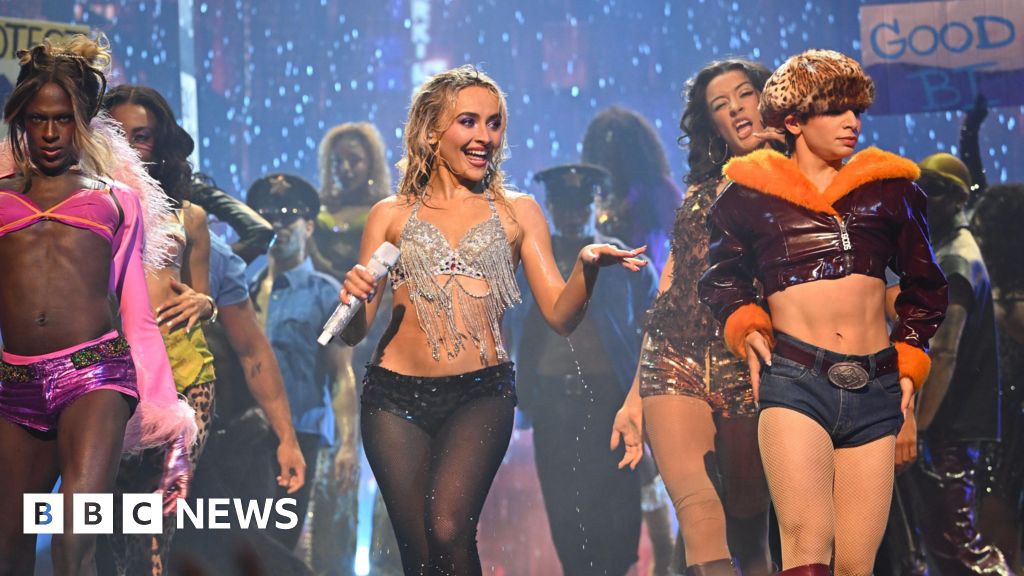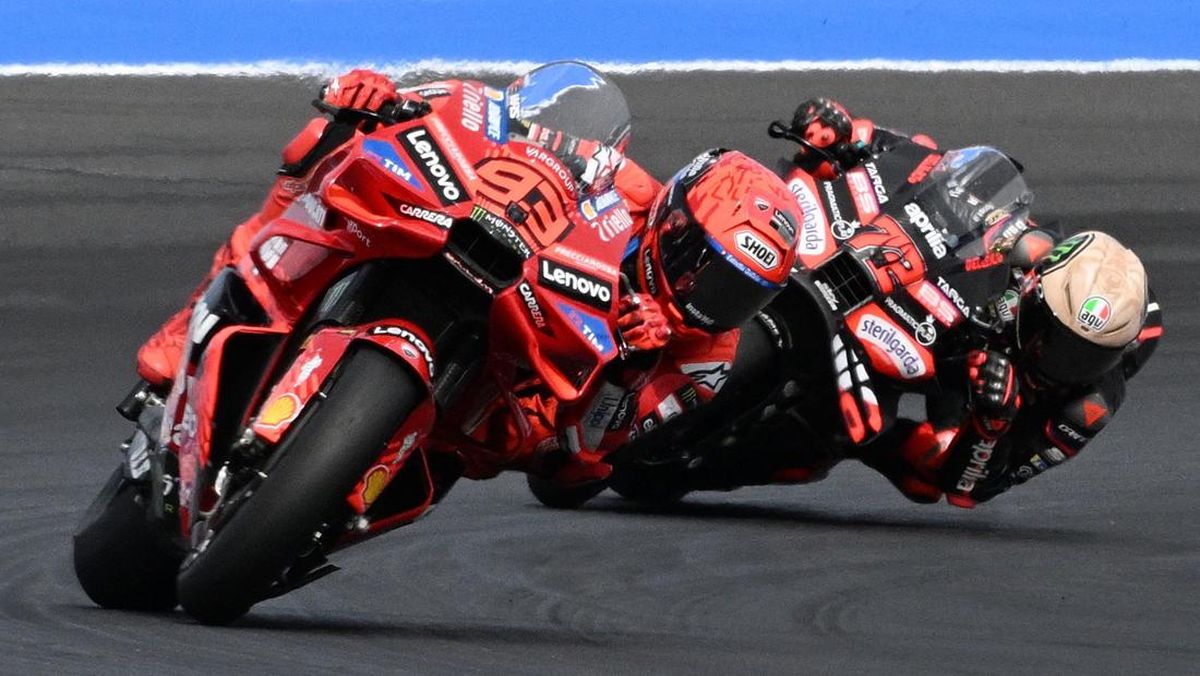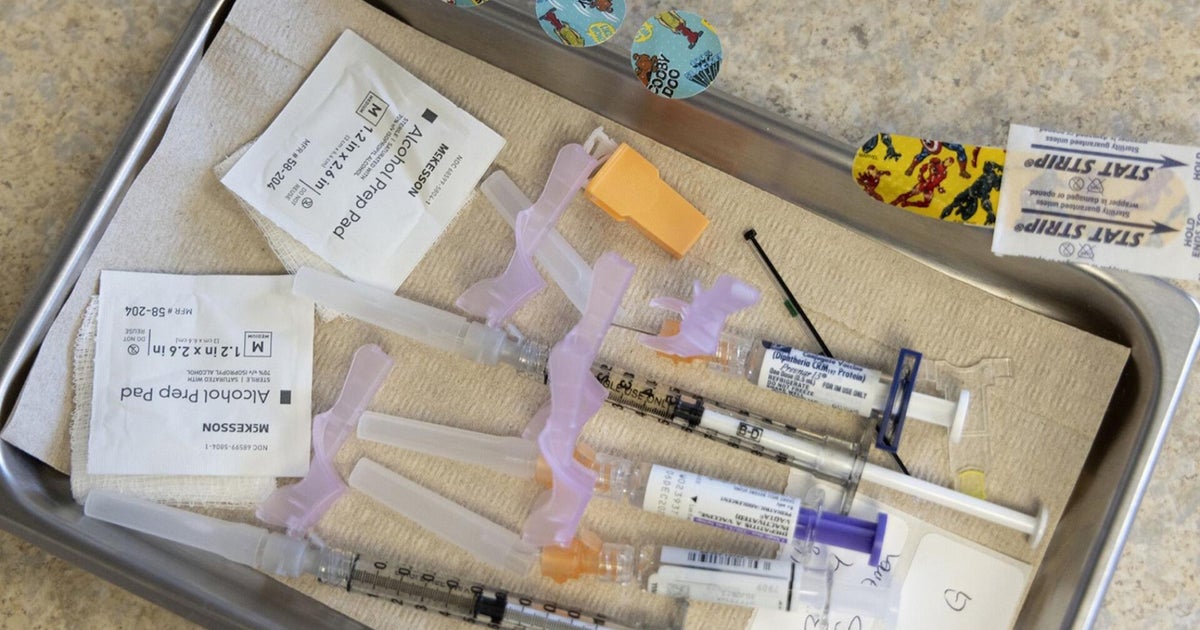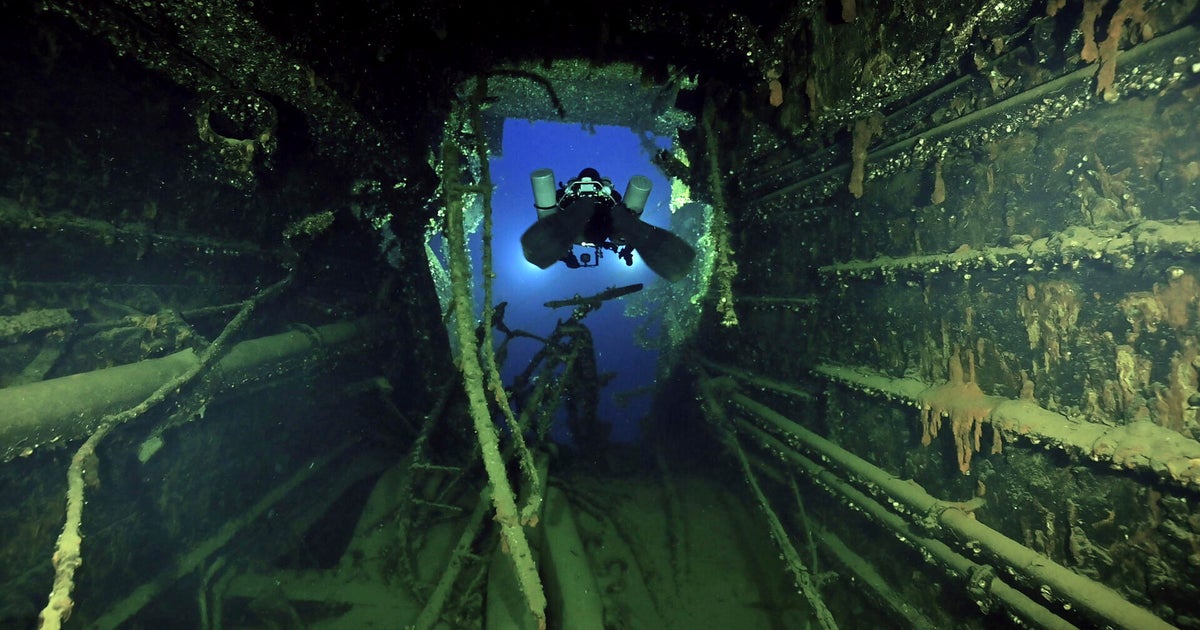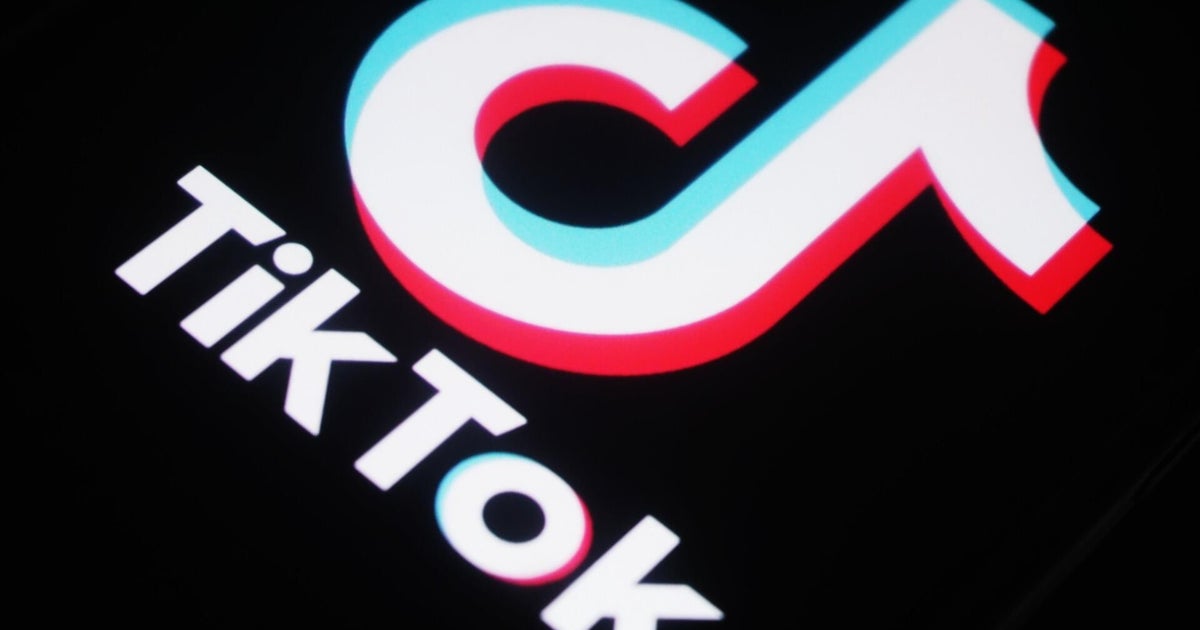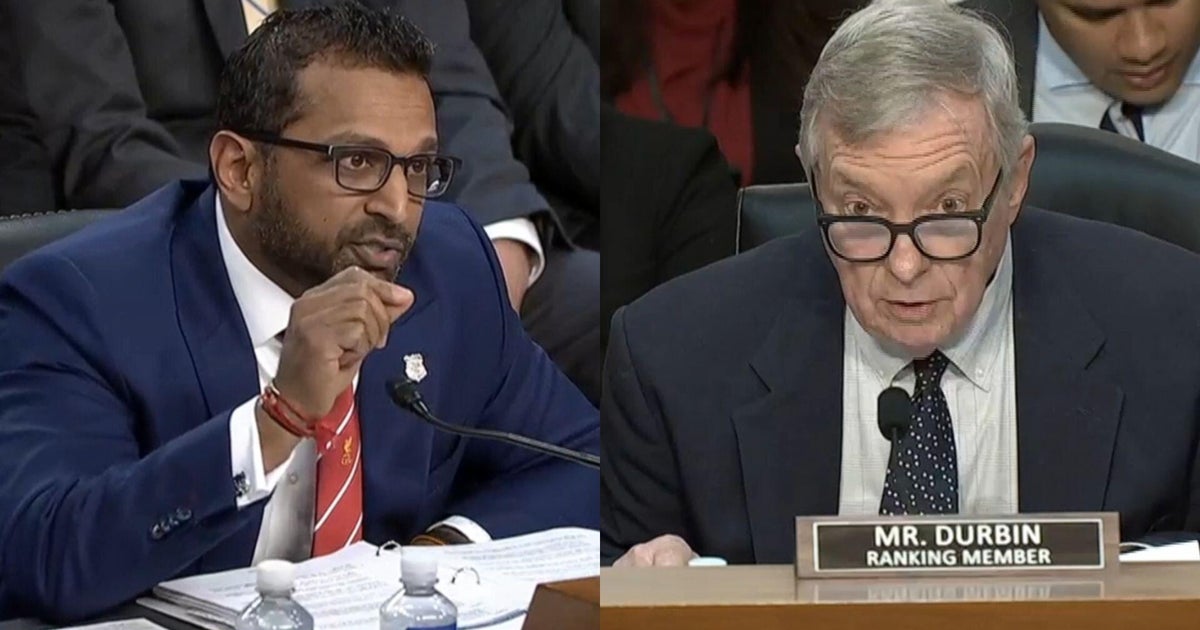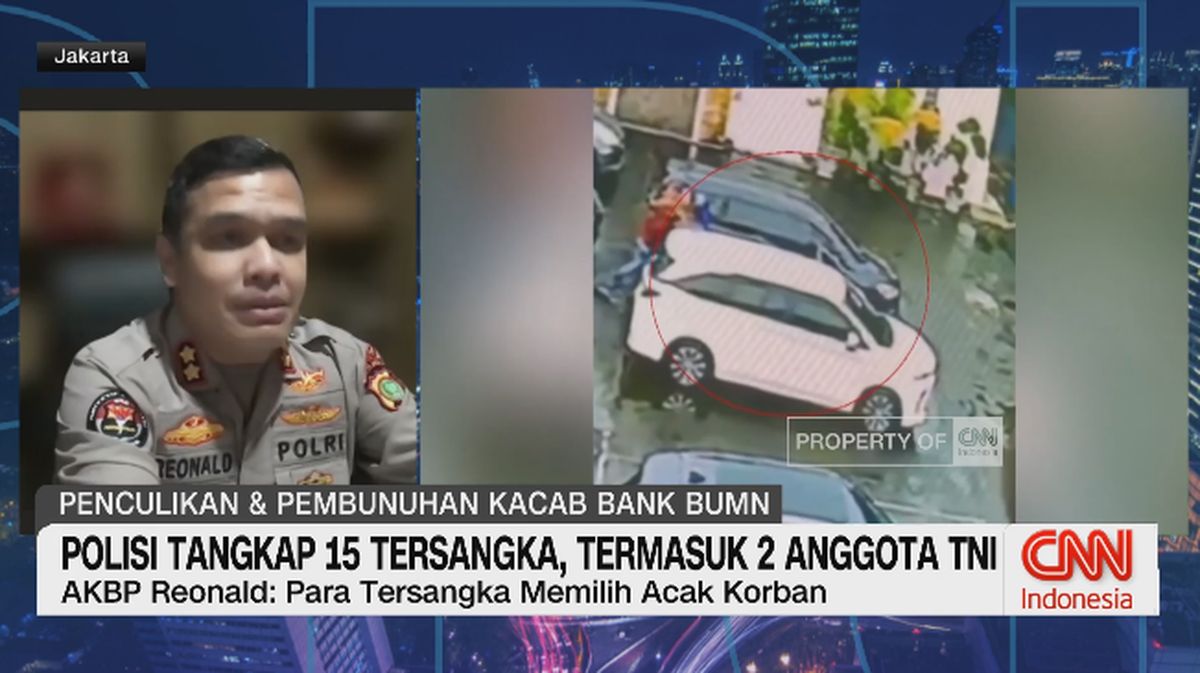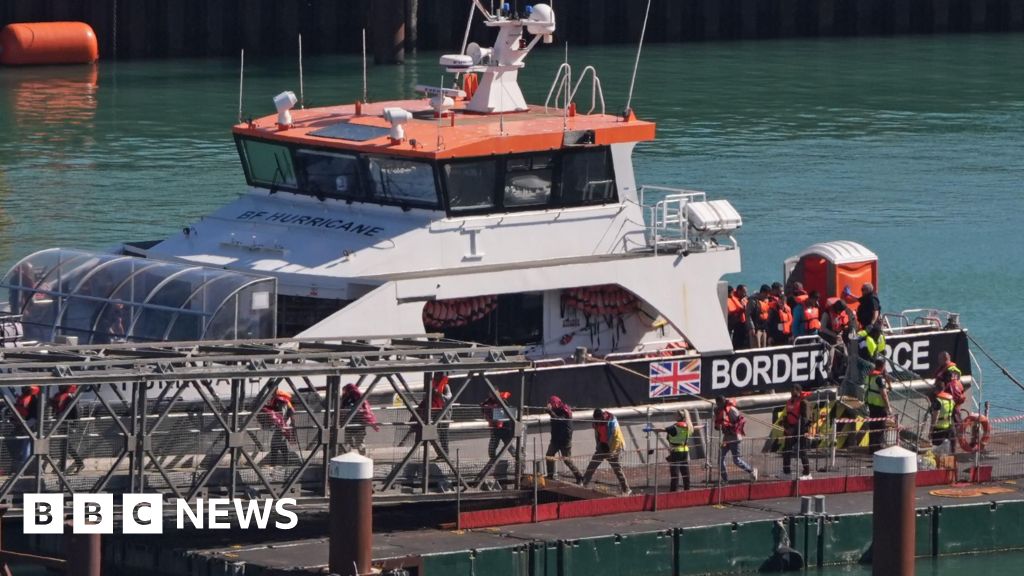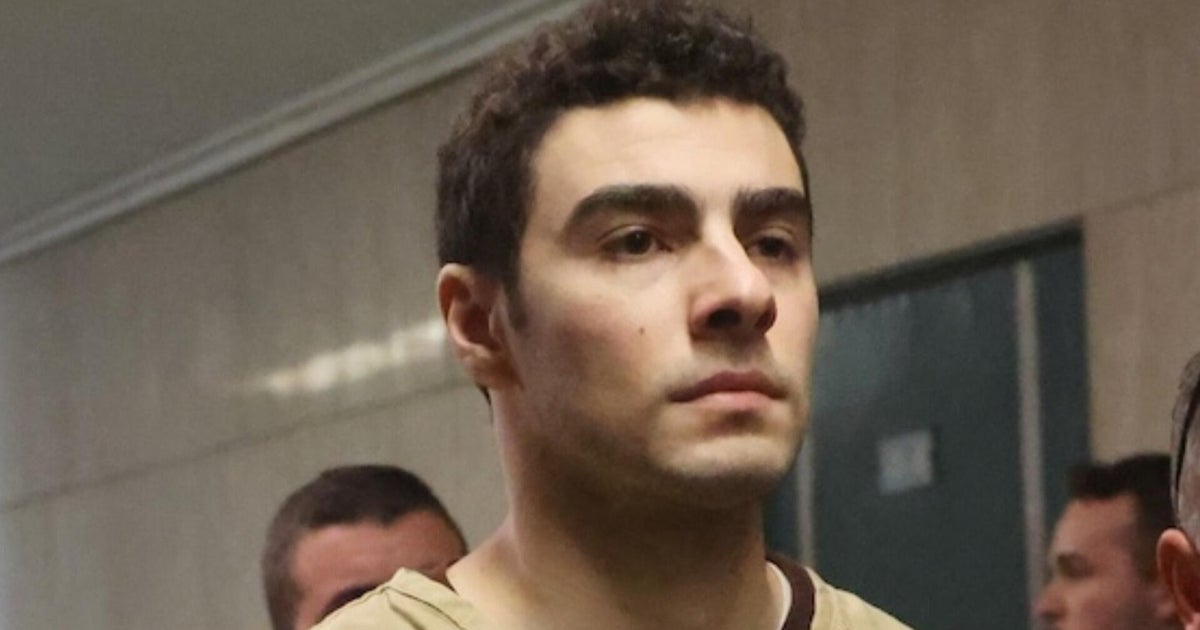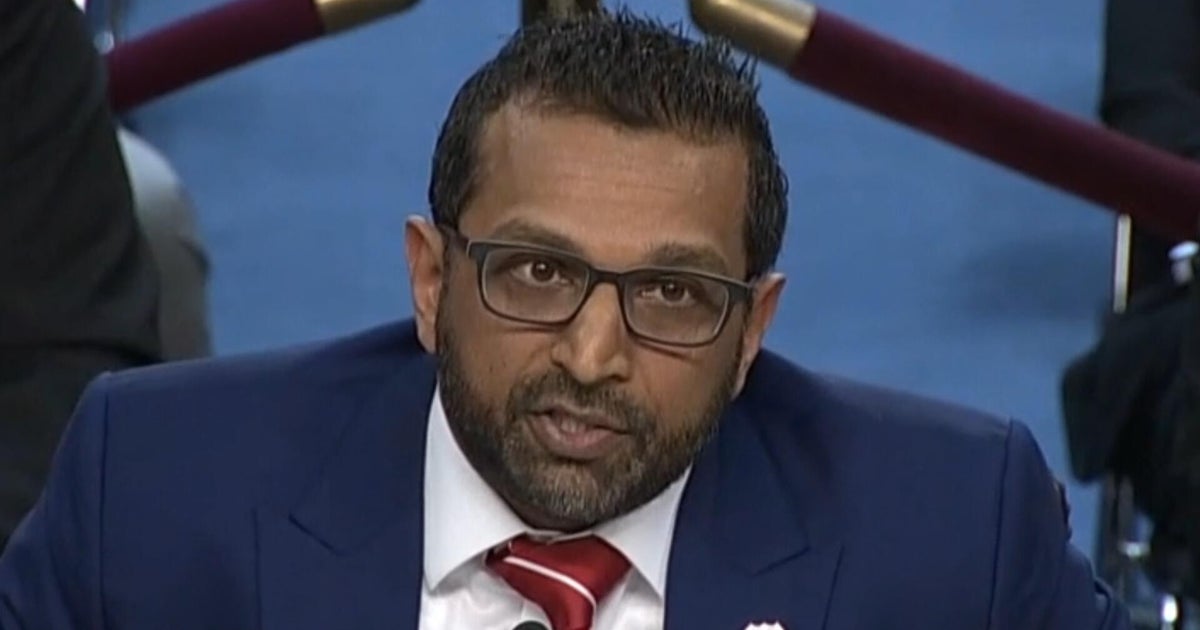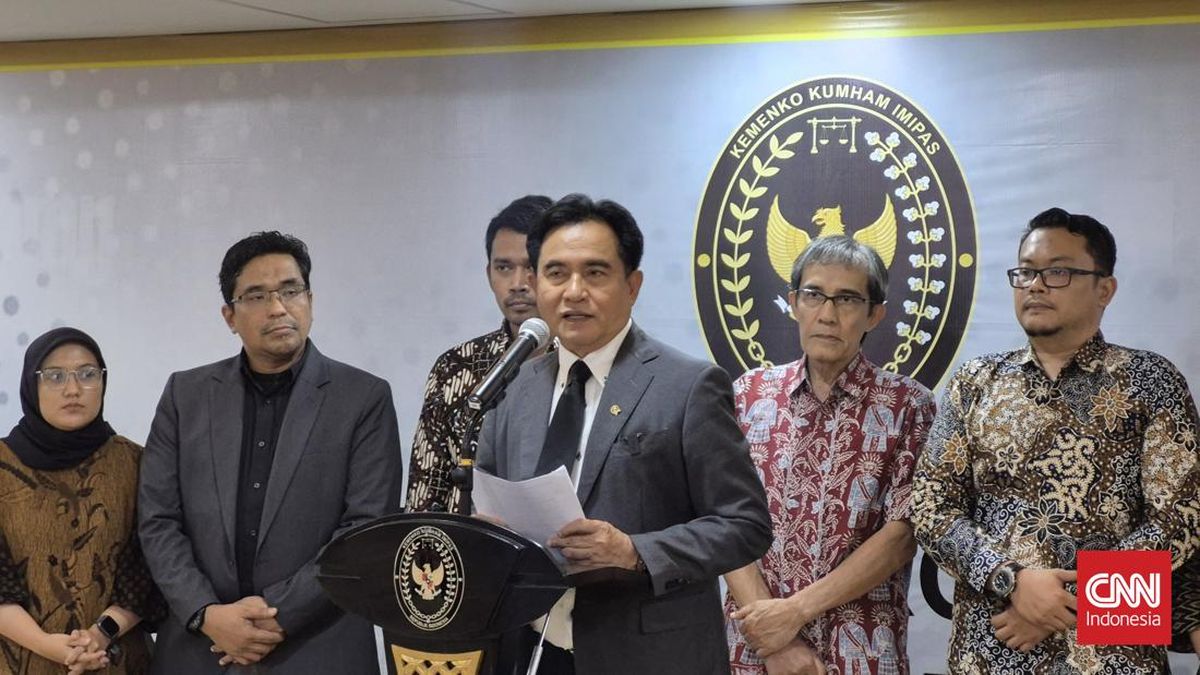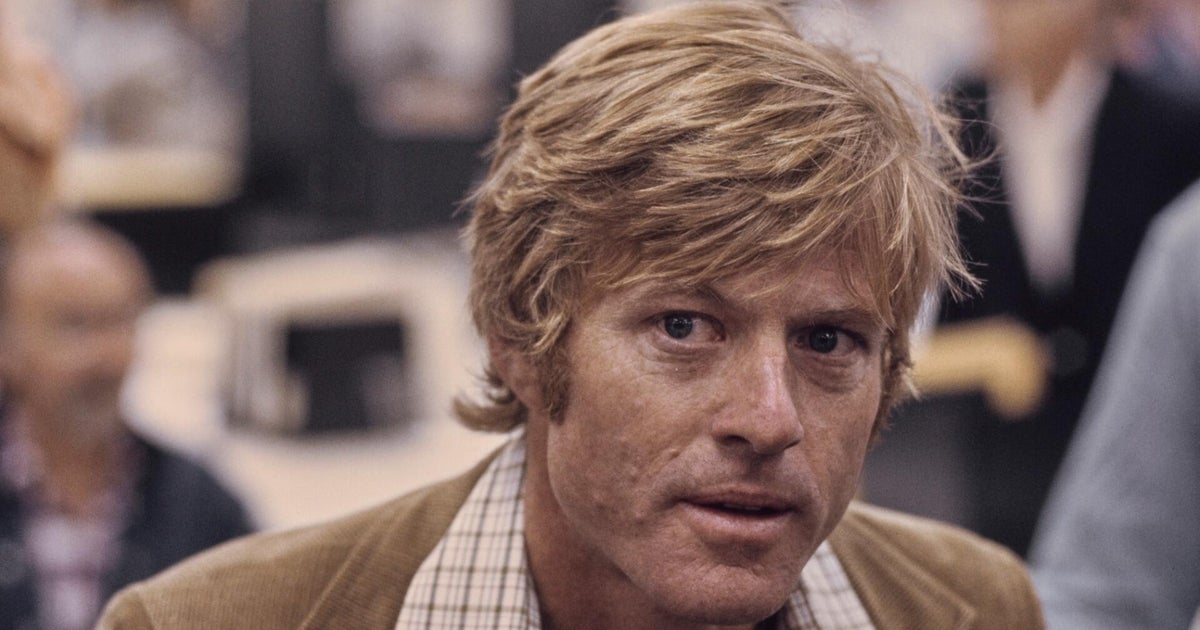Residents said many of the nearby buildings were heritage listed and unable to undergo changes to their external facades, windows or have any soundproofing works.
They were concerned about the impact on property prices and said there was a high concentration of owner occupiers in the area with one-bedroom apartments starting at $650,000 and a two-bedroom apartment on the market for $2.2 million.
The residents submitted community impact statements with over 40 signatures that raised concerns with amenity detriment, in particular sleep disruption, lack of safety, increased vandalism and more traffic congestion.
They called for Melbourne Winery’s liquor licence to be rescinded entirely, limited until 10pm during the week and for the winery to operate a staffed, after hours complaints hotline.
Residents Georgia Mulholland and Angus Harding objected to the liquor licence as they said venues operating late into the night caused sustained noise impacts.
“The acoustic design of laneways like ours naturally amplifies sound,” they said. “Patrons congregating outside, music from within, ride-share vehicles arriving and departing – this kind of activity does not simply ‘add atmosphere’, it directly interferes with residents ability to sleep and function the next day.”

Ross House in Flinders Lane where the Melbourne Winery has opened. Credit: Nine
Wade McDonald said that longer hours would only create delinquent behaviours.
“I am most concerned about noise levels – both music and exiting drunk patrons, no doubt creating disturbances, probably vomiting on our doorstep.”
The dispute over the licence ended up in a hearing before the Victorian Liquor Commission, chaired by John Larkins in June.
Loading
On behalf of the Melbourne Winery, consultant Peter Aldred told the commission it would function as a restaurant and the nature of the business was such that it could co-exist with neighbours with minimal disruption or adverse amenity impacts.
“The subject site is in the heart of the CBD where the use, including the liquor licence is as of right, no permit required,” he said. “The Melbourne CBD is actively encouraged by state and local governments as a 24-hour city.”
The commission granted Melbourne Winery a licence but subject to conditions including a 1am cut-off and the venue must install an airlock on its door and remove an outdoor speaker.
“The predominant activity carried out at all times on the premises must be the preparation and serving of meals for consumption on the licensed premises,” it found.
The commission prohibited any live performances and the playing of any music at “higher than background music level”.
Marc Barnes, who submitted an objection to the liquor licence, said residents were happy with the outcome although some of the required measures were yet to be fully implemented.
“Everybody is quite pragmatic, you live in a city, but at the end of the day, noise affects peoples health and safety is quite paramount for any community,” he said.
Liquor licensing consultant Alistair Kennedy, said the changes by the Victorian government intended to lessen red tape had not reduced waiting times that still stretched to as long as 18 months.
“What we are dealing with now is more complicated than it used to be,” he said. “We are dealing with the same time frames. You might not need a planning permit for liquor, but you still need it for everything else.”
Deputy Lord Mayor Roshena Campbell said the City of Melbourne aimed to strike the right balance in planning – protecting residents’ amenity, while supporting local businesses and keeping the city vibrant.
“Melbourne is a global city, and we support later trading for appropriate venues – like restaurants – to grow our nighttime economy and serve our growing population,” she said.
Melbourne Winery and Muto declined to comment.
Start the day with a summary of the day’s most important and interesting stories, analysis and insights. Sign up for our Morning Edition newsletter.

